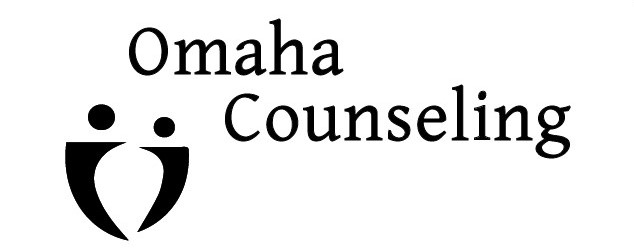For some people who are religious, reaching out to a therapist can be difficult. In some denominations, seeking outside help from a therapist is viewed as not fully believing in Christ and his abilities.
In her article entitled “How Therapy Doesn’t Make Me A Bad Christian,” Morgan Jerkins talks about her struggle with needing therapy to cope with a death, but not wanting God to think she was doubtful of Him. Jerkins explains:
“The guilt of being disobedient to God gradually faded. There is a time to pray and there is a time to act. My soul did not have to be at odds with either of the two and I wish that others like myself would recognize that when they cry for help. Too often, as religious-minded people, we do not focus on our duality, which is our spirit and body. I had to find a way to realign them so that I felt peace in my head and in my bones.”
If you are struggling like Jerkins was, think of it this way: you don’t have to pick one over the other. Use your religion and therapy together in order to overcome your struggles.
- Therapy works best when you are comfortable with your therapist. When you are looking for one, it’s acceptable to ask to see a therapist with a shared identity, whether it be someone who shares your religious beliefs, your gender, or your race.
- It isn’t to say that a therapist who doesn’t match your identity wouldn’t be able to help you, but in some cases, religious patients felt that secular therapists viewed their faith as a problem rather than as a conviction to be respected. However, therapists are trained to work with all kinds of people.
- A quality therapist will not judge you for your beliefs and knows better than to press his/her spiritual beliefs, or lack thereof, onto you. If your spirituality is an important part of who you are and the way you live your life, your therapist should take it into consideration when you’re discussing your problems.
- Your therapist will work through your problems with you, asking you questions that will take you deep inside yourself.
If you think your life could benefit from therapy, or if you’d just like to learn more about Reka, please don’t hesitate to get in touch by phone at 402-881-8125, by email at reka@omaha-counseling.com, or via Twitter or Facebook. We would love to answer any questions you may have.
—
photo credit: Pastor Vincent Allen Paul Stone via photopin cc


